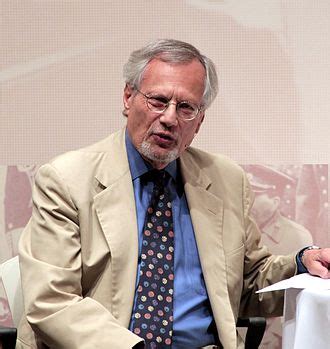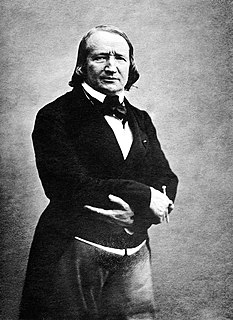A Quote by Tom Bissell
Most non-readers are nothing but an agglomeration of third-hand opinion and blindly received wisdom.
Related Quotes
Because the Lord Jesus died on the Cross, I have received forgiveness of sins; because the Lord Jesus rose from the dead, I have received new life; because the Lord Jesus has been exalted to the right hand of the Father, I have received the outpoured Spirit. All is because of Him; nothing is because of me.
Acknowledge the complexity of the world and resist the impression that you easily understand it. People are too quick to accept conventional wisdom, because it sounds basically true and it tends to be reinforced by both their peers and opinion leaders, many of whome have never looked at whether the facts support the received wisdom. It's a basic fact of life that many things "everybody knows" turn out to be wrong.
We have hitherto considered only two possibilities: that the received opinion may be false, and some other opinion, consequently, true; or that, the received opinion being true, a conflict with the opposite error is essential to a clear apprehension and deep feeling of its truth. But there is a commoner case than either of these; when the conflicting doctrines, instead of being one true and the other false, share the truth between them.
Try not to be too angry or disappointed with your fellow Americans. Most of them don't care about politics as much as the majority of my readers, and the education they have received about it from the government's public school system is nothing more than a septic tank full of warmed-over self-serving statist lies and leftist propaganda.
I seem to have three categories of readers. The first is nonbelievers who are glad that I am reading the Bible so they don't have to bother. The second group, which is quite large, is very Biblically literate Jews. And the third, which is also very large, is Christians, most of them evangelical. The evangelical readers and the Jewish readers have generally been very encouraging, because they appreciate someone taking the book they love so seriously, and actually reading it and grappling with it.
Leonardo da Vinci did not take received wisdom - whether from ancient classical thinkers or medieval scholars or from the Bible - without questioning it. And this was the beginning of the scientific method. This is another lesson for our time: that when we have evidence that contradicts a certain belief, we should be willing to change it. I think this made Leonardo, in some ways, a person who better understood the beauty of God's creation than a person who just takes all received wisdom from the Bible on faith.
































